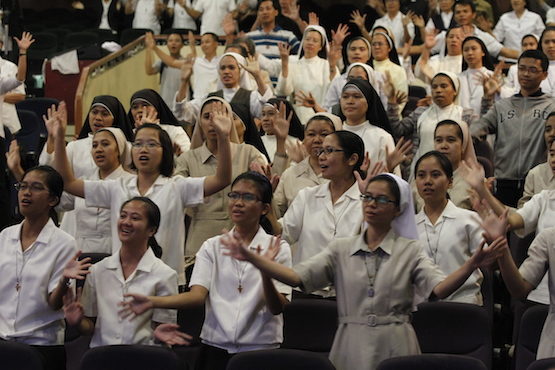
Religious persecution is gender-specific with sexual violence against women so widespread as to be a global calamity.
That’s according to the Christian persecution watchdog organisation Open Doors who just released the 2020 Gender-Specific Religious Persecution Report.
“No demographic is spared from religious persecution,” said Open Doors CEO David Curry. “The research shows that women are specifically targeted by efforts to hijack their faith through forced marriage to a spouse of another faith. Most frequently, however, Christian women are routinely victimised by sexual assault. These egregious abuses are rooted in the belief that a Christian woman is of inherently lesser value than a man or woman of another faith. It’s all in a concentrated effort to take away a woman’s right to make up her own mind.”
The report says that religious persecution faced by Christian men can be characterised as focused, severe and visible, evidenced by the prevalence of violent physical beatings and attacks on homes and businesses. In contrast, religious persecution targeting women is most characterised as complex, violent and hidden.
“Though every abuse for the sake of one’s faith is problematic, women and girls are facing the most difficult circumstances because they are often forced to suffer silently. They are hidden in forced marriages or isolated by the lifelong effects of sexual abuse,” said Curry.

Women who change their mind within 72 hours of taking the first dose of the abortion pill can still reverse the process and save their baby.
That’s according to Obstetrician, Dr William Lile, who spoke at a medical conference in Dublin at the weekend hosted by Doctors for Life Ireland.
The abortion pill, which causes a chemical abortion, consists of two separate pills; the first, mifepristone, blocks the effects of progesterone, the natural hormone in a pregnant mother’s body necessary for her pregnancy to thrive. The drug then causes the uterine lining to break down and the placenta to fail, thus starving the growing baby of oxygen and nutrients.
The second pill, misoprostol, normally taken one to two days later, completes the abortion, by causing contractions and the expulsion of the deceased baby.
The Abortion Pill Reversal protocol works by giving the mother extra progesterone up to 72 hours after she takes the first chemical abortion drug, mifepristone. The treatment has the best chance for success when begun within 24 hours, according to practitioners.
One Irish doctor at the conference reported having already successfully used the medication with one of his patients.
Niamh ui Bhriain of the Life Institute welcomed the availability of this treatment in Ireland and said it gives hope to Irish women who immediately regret taking the abortion pill.

The UK government should drop a two-child limit for social welfare benefits, according to Church leaders who wrote to the Chancellor of the Exchequer in advance of the new budget.
Introduced by the Tory government in 2017, the policy allows families claim benefits for at most two children. It was designed to save £1 billion over four years, and be an incentive for parents to find work.
Bishop Richard Moth, the Chair of the Catholic Bishops’ Conference of England and Wales Department for Social Justice, and Nigel Parker, the Director of the Catholic Union, a UK-based public policy institute, called for the abolishing of the two-child limit to “help the poorest children in our society to flourish and reach their true potential.”
Their letter to the Chancellor said that every child “is of equal value and their human dignity deserves to be upheld.”
“Abolishing the two-child limit will be both a tangible means of reducing child poverty in the UK and a clear sign of support for family life,” wrote Moth and Parker.
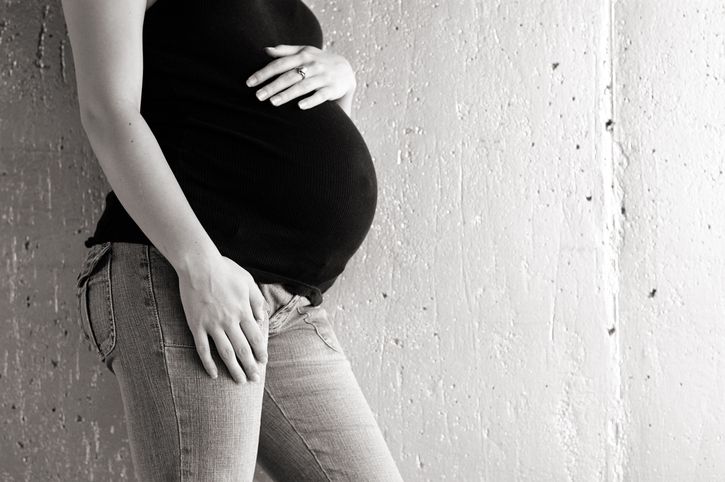
Pro-life groups in Colombia have welcomed a Court ruling preventing a massive expansion of abortion rights.
The Constitutional Court of the Latin American country ruled on Monday against legalising abortion for the first 16 weeks of pregnancy.
The Court however allowed the procedure to continue in more restrictive circumstances.
Pamela Delgado, the Colombia director for the 40 Days for Life movement, said that instead of granting more access to abortion, the country “needs policies to support pregnant women who are in crisis” so that they can have their babies.
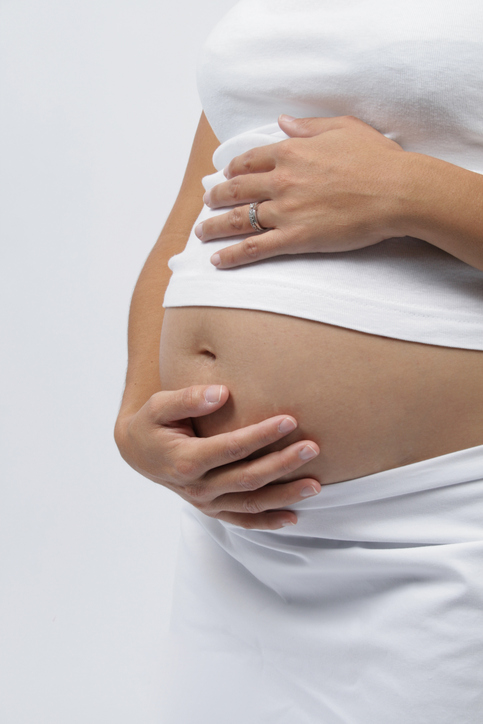
Proposed changes to the law on abortion in Belgium, to make it available on-demand up to 18 weeks, can go ahead following a ruling by the country’s Council of State. However, it raises concerns that a law against protests and vigils outside abortion facilities might infringe freedom of protest.
Currently, abortion can take place for any reason up to 12 weeks, like in Ireland. The new system will also cut the obligatory cooling-off period before an abortion can take place from six days to two, and abortion is removed entirely from the criminal code, meaning no-one will ever be imprisoned for performing an abortion.
The Council of State is the body that scrutinises all government activity, from municipal level to federal. It also has the function of examining proposed legislation to give an opinion on its overall legality before it is passed by parliament.
In this case, the amendments to the law on abortion have been approved by the parliament’s justice committee, which the Council of State says has “broad room for manoeuvre” in the matter.
The Council of State did raise an objection to a provision that punishes anyone who, “physically or in any other way,” prevents a women from having access to an establishment where abortions take place. The Council said it was not precise enough, and ran the risk of infringing on freedom of speech as long as “any other way” was not more closely defined.
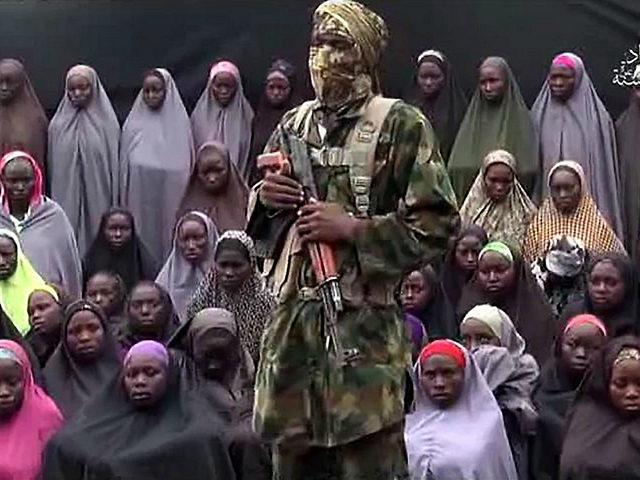
Militant Islamist terrorists are specifically targeting Christians in Nigeria, according to the country’s Government.
“In the wake of a renewed onslaught by our tireless military against Boko Haram and their ISWAP (Islamic State West Africa Province) allies in recent times, the insurgents have apparently changed their strategy,” said Lai Mohammed, the minister of information and culture, at a press conference last week.
He said they started targeting Christians and Christian villages “to trigger a religious war and throw the nation into chaos.”
“Yes, Boko Haram is targeting individual Christians. In doing so, their target is all Nigerians, and their goal is to divide Christian brother against Muslim brother,” Mohammed, the information minister, told Christianity Today.
“What Boko Haram seeks—and always has sought—is to drive a wedge between Christians and Muslims in Nigeria.
“It is the strategy of the desperate.”
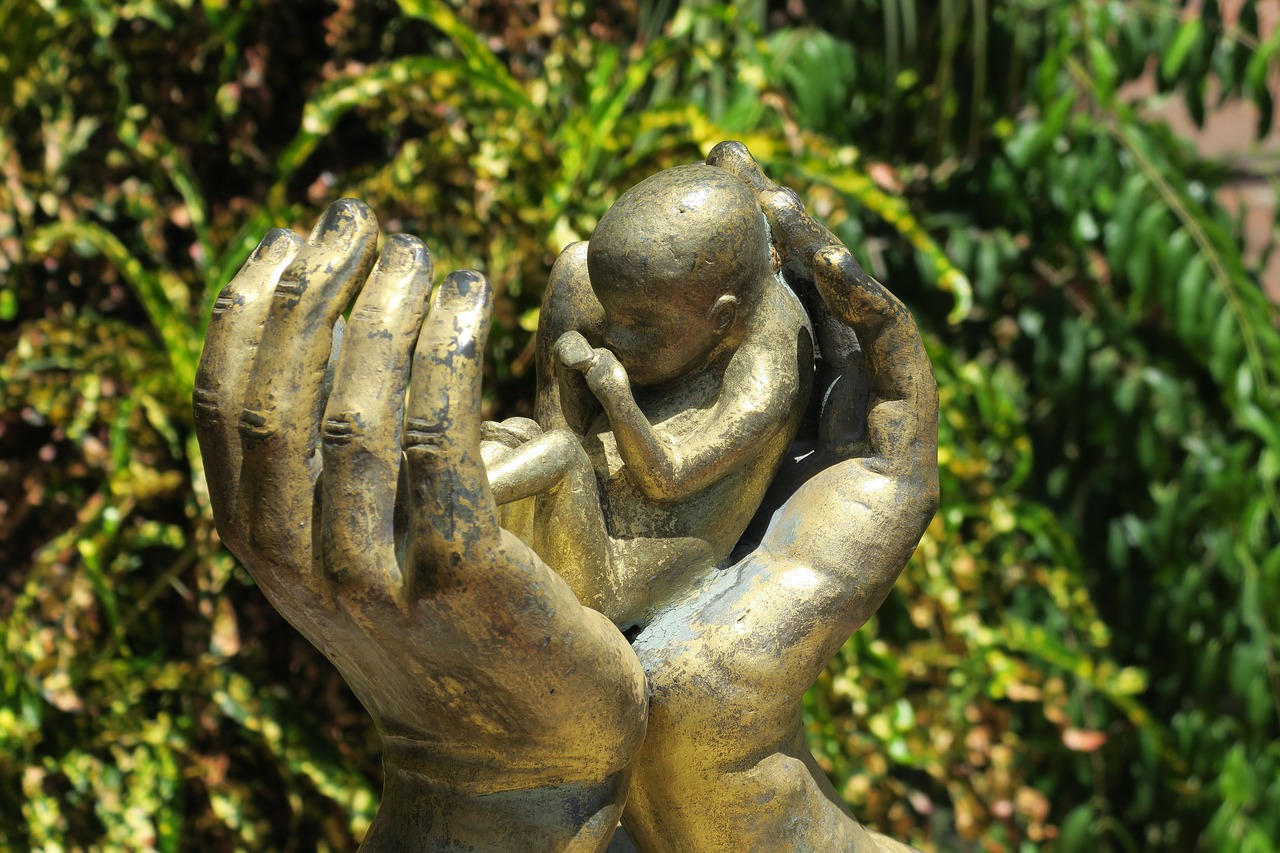
Argentina’s President Alberto Fernández has said he will send a bill to Congress to legalise abortion within the next 10 days.
Mr Fernández, who was sworn in as president in December, has previously described abortion as “a matter of public health”.
In Argentina, abortion is allowed in cases of rape, or if the mother’s health is in danger. While the President didn’t include specific detail as to how permissive a new law should be, Argentina’s feminist movement is pushing to make it available on demand during the first 14 weeks of pregnancy.
Abortion is largely prohibited across Latin America, except in restricted cases. If the bill is passed, Argentina will become the largest country in the region to pass such a permissive abortion law.
Mr Fernández also promised to introduce a programme to ‘improve’ sex education.
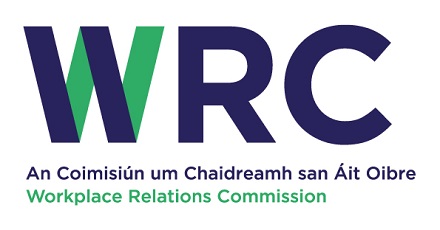
A solicitor who was sacked from a prominent law firm has launched an unfair dismissal case claiming she was fired for her religious beliefs.
Ammi Burke was dismissed from Arthur Cox last November after working for the firm for three years as an associate.
Ms Burke has complained about an article which quoted an anonymous source who described Arthur Cox as having sacked a “Christian nutjob” and that the employee had “lost their rag” with those who had used blasphemous language. Ms Burke has denied this and said that she found the comments hurtful.
Ms Burke wrote to the firm on January 2 and said that her dismissal was in breach of the Unfair Dismissals Act 1977 and in disregard of fair procedures and the requirements of natural justice. She wrote again on January 29, saying “It is apparent that my dismissal is linked with my religious belief and practice”. Ms Burke has since initiated proceedings for unfair dismissal at the Workplace Relations Commission.
Arthur Cox has denied any unlawful behaviour.
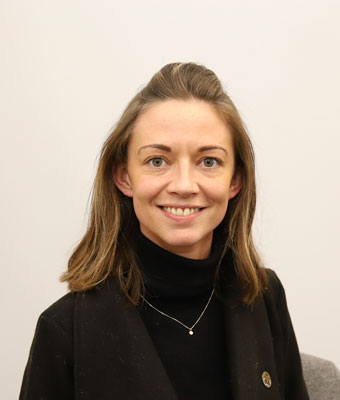
A newly elected Social Democrats TD has said she regrets any offence caused by a number of old Twitter posts, including one where she called Pope Francis the leader of a paedophile ring.
Cork South-West TD Holly Cairns posted a tweet in March 2013 on the day Pope Francis was elected where she said she would get an abortion “for every minute of air time taken up on the papal conclave”. Three days later Ms Cairns wrote: “New paedophile-ring-leader Describes Gay Adoption as ‘Child Abuse’,” with a link to an article that is no longer online.
In another tweet in December 2012, Ms Cairns posted: “The pope is gonna get so cyber bullied, can’t wait #pope #vatican.” This was in response to the setting up of an official Twitter account for the papacy.
The tweets were posted and before she became involved in politics.
Contacted for comment yesterday, Ms Cairns said she had deleted many of the tweets in question.
“I was much younger and they weren’t the best-advised tweets,” she told the Independent.ie.
“I regret any offence caused. I took them down for that reason. I am really sorry for any offence caused.”

UK MPs were encouraged to uphold the current law prohibiting assisted suicide and work instead towards improving palliative care.
Dr Dominic Whitehouse, a doctor working in palliative care, told MPs from across the political spectrum that based on his own medical experience, legalising assisted suicide would affect vulnerable patients by creating a pressure on them to die.
He presented evidence from the US showing that in 2018, over half of those killed by assisted suicide in Washington state (51%) and in the state of Oregon (54%) said they had decided to end their lives because of the burden on family and friends.
“I have shown you why legalisation of physician assisted suicide would be a bad idea, and likely to harm patients, doctors and the public at large, and shown you how, on the other hand, good palliative care, properly funded, and equitably available, is the humane answer to suffering at the end of life,” Dr Whitehouse said.
“It should be our promise to our citizens at the end of their lives whenever they need it.”